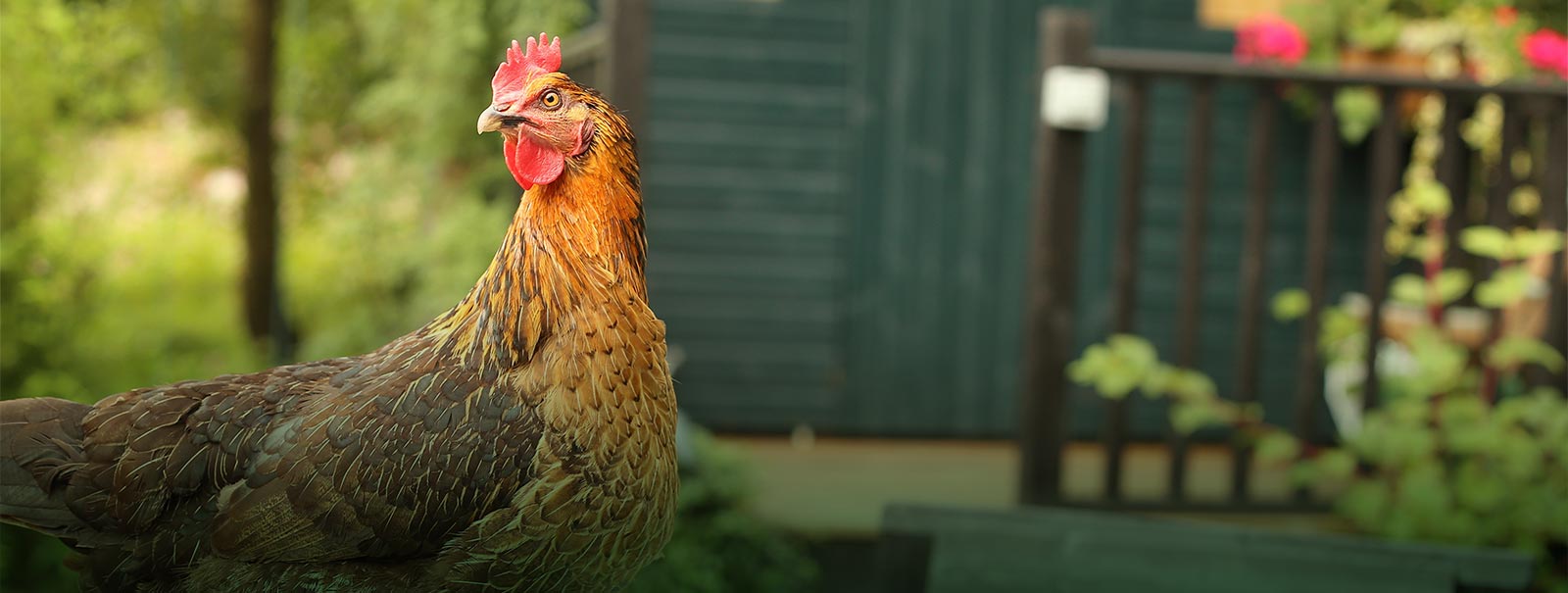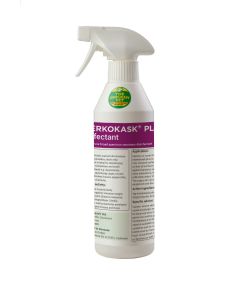
The advice hub Worms in Turkeys
Cause
There are two groups of worms that affect turkeys - gape worms which live in the bird’s windpipe and cause gasping (these worms are exceedingly rare) and intestinal worms which live in the birds gut. There are three species of intestinal worm: Capillaria, Ascaridia and Heterakis.
Capillaria (Hairworm) are the smallest of these worms (up to 2.5cm in length) and can live in any part of the digestive tract from the crop to the intestine depending on the species of worm. Don’t be fooled by their small size as these worms are the most harmful of the gut worms.
Ascarids live in the small intestine and although the largest of the worms (up to 12cm in length) they tend to cause only moderate damage and inflammation unless in very large numbers.
Heterakis is a small worm living in the caecum (Large intestine/blind gut). Whilst the worm is harmless it can carry ‘Blackhead’ (a parasite that is carried by the worm and causes liver damage and diarrhoea often resulting in sudden death in turkeys- they are very vulnerable to blackhead infection).
Note it is a common misconception that only free range birds can get worms!
What to look out for
- Weight loss
- Dullness
- Lack of egg production (in breeding birds), pale shell colour
- Mild diarrhoea
Diagnosis
The only way to be sure if your birds have worms is to sample their droppings using the Chicken Vet Faeces Sample Kit. Simply collect 10 fresh droppings, place them into the pot provided, complete the submission form and post to Chicken Vet. We will count the number of worm eggs in the droppings to determine if your bird has worms and we will let you know if you need to worm your flock.
Treatment
Give your turkeys a course of Flubendazole in feed for 7 days at 60g/30Kg of feed.
Note: This is lower than the dose for chickens.
Prevention
Either routinely worm your birds with Flubendazole at least every six months (spring and autumn) and ideally every 3 months. Alternatively, send in droppings samples every eight weeks to Chicken Vet using the Chicken Vet Faeces Sampling Kit.
When cleaning your chicken houses, use an appropriate disinfectant such as Interkokask, which is licensed and effective against destroying worm eggs.
Try to move your run if possible to prevent a build-up of worm eggs on the pasture.
Note: Never let turkeys range with chickens or on pasture that chickens have been on as turkeys are extremely susceptible to blackhead and will readily die.



